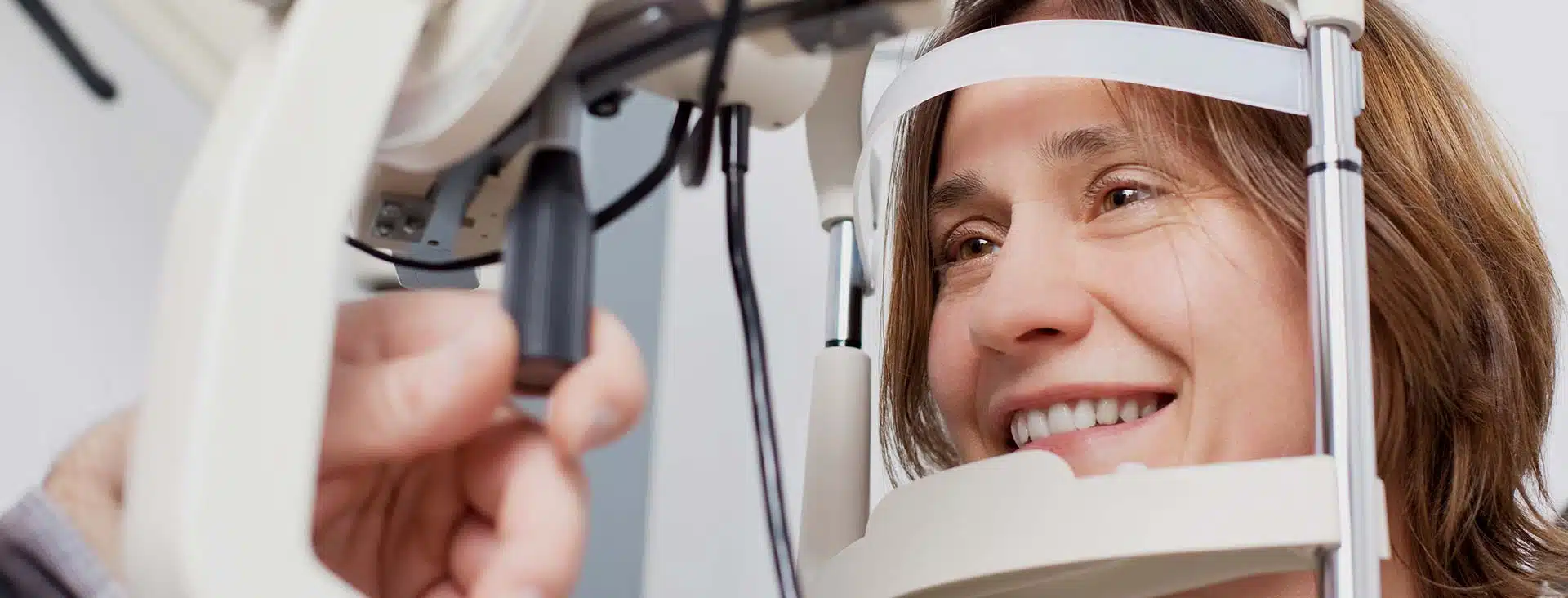If you are wondering is retinal imaging necessary, here are some ways this eye exam can benefit you:
1. Only takes a few seconds
The digital retinal imaging is a quick process as the retinal imaging machine takes only a few seconds to capture images of your retina.
2. Painless
As the process only involves capturing a digital image of the eye, there is no pain or discomfort.
3. Digital retinal imaging vs dilation
Dilation is a process where your eye doctor will place some eye drops to dilate your eyes so that he/she can visualize your retina with a magnifying glass and bright light. These drops also cause blurring of the vision for a few hours. Digital retinal imaging is superior to overdilation and examination as it does not require this step of dilation at all and saves you the extra time spent. While dilation only allows your eye doctor to see up to 15% of your eye, digital imaging increases this range to up to 80%, which also improves the diagnosis.
4. Detects certain eye diseases/health conditions
Digital retinal imaging is necessary to detect and follow up on certain diseases of the eye like.
Glaucoma: It a condition where the fluid slowly builds up in the front of your eyes, increasing the pressure and damaging the optic nerve, leading to vision loss.
Macular degeneration: In this condition, your eyesight worsens with age due to degeneration of the parts of the eye, which may eventually lead to loss of vision. Retinal imaging is very important to detect this early.
Changes to the eye due to diabetes: Diabetes may cause changes to the blood vessels in the eyes over time, which can damage vision. This is called as diabetic retinopathy.
Retinal imaging may sometimes be able detect signs of a stroke.
5. No side effects
There are no digital retinal photography side effects. Unlike traditional methods, there is no temporary blurring of vision or light sensitivity. You can easily drive back yourself home/destiation after the test.
It improves the precision and accuracy of testing the eyes.
6. Fees for this type of exam are usually covered by most insurance/benefit plans
Check with your own benefits provider.
Simply put, it improves the precision and accuracy of testing the eyes.

